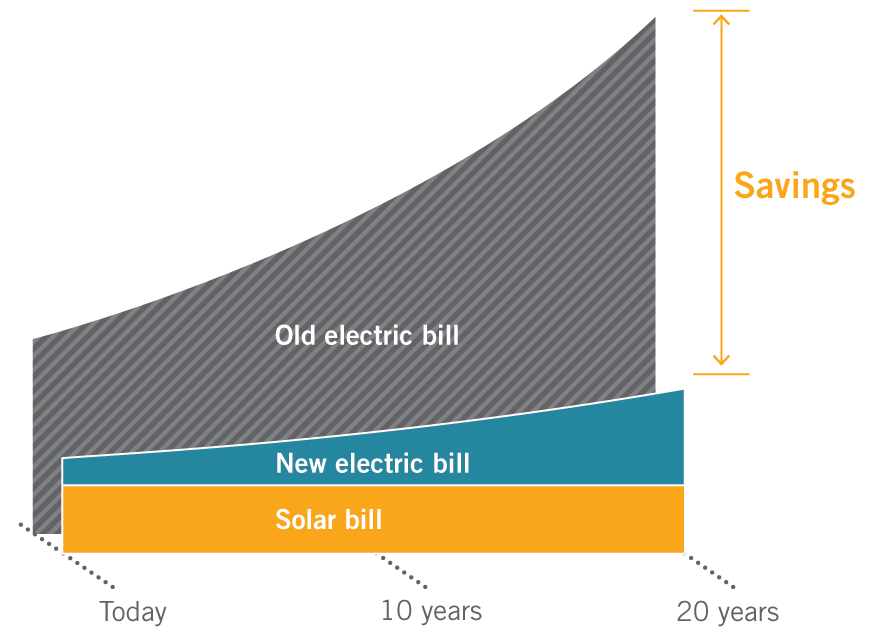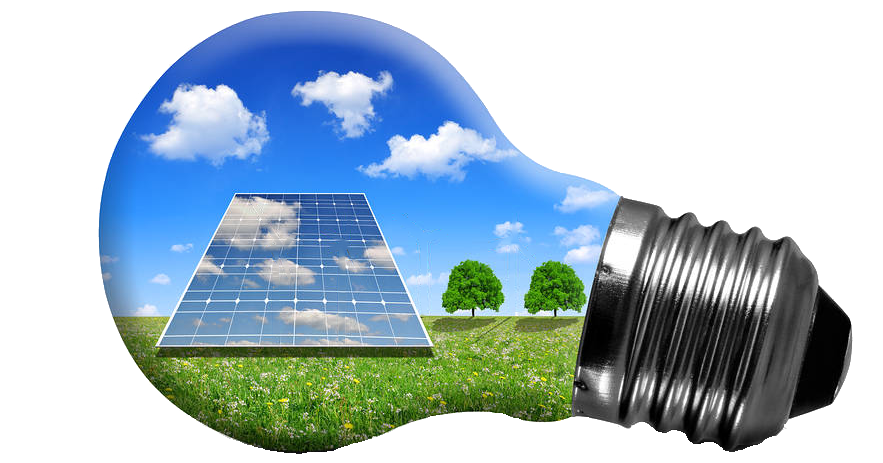Solar Savings
Today’s homeowners are looking for a simple option to help them save money on their electric bill, a solar system for their home is a great way to start. A residential solar PV system utilizes photovoltaic technology and the sun to generate power for your home. Because Empire Solar is partnered with The Socal Group we can combine your Solar Loan with a Refinance loan resulting in even more savings.
- No upfront Cost Zero Down.
- No Appraisal Fee.
- Lower Payment.

Renewable Energy
Energy is necessary to turn on the lights and run your appliances, but many don’t realize the negative implications of relying on fossil fuels for energy generation. By investing in a solar electric system for your home, you’re not only saving money, but you are doing your part in drastically reducing your carbon footprint by utilizing clean energy for your daily energy needs.
AFFORDABLE SOLAR
There are many reasons to switch from conventional power to solar power and solar energy, and saving money is at the top of the list. Who wouldn’t want to continue to power their electronic devices and home appliances while saving money? Having affordable solar energy can save you an average of $40 to $191 per month during the first year, according to estimates1 from the NC Clean Energy Technology Center. But why is solar power cheaper than getting power off the grid? Here are four advantages of solar energy.
NO MORE RISING ELECTRICITY COSTS
Going solar also releases consumers from the price volatility of the electricity grid. Consumers that choose solar no longer have to worry about the uncertainty of rising utility rates and ever-higher bills. Instead, consumers who buy their own affordable solar panels harness the free power of the sun by collecting and storing solar energy.
TAX CREDITS AND GOVERNMENT INCENTIVES
Most consumers have access to tax credit and incentives when purchasing home solar panels. Qualified homeowners can receive a 30 percent tax credit via the Residential Renewable Energy Tax Credit. Many states also offer financial incentives.
SELLING EXCESS ENERGY BACK TO THE GRID
In most states, consumers who own their own panels can sell their surplus power back to the utility company in a process known as net metering. That means a meter will track how much power is sent to the utility over a period of time, and the homeowner will receive a credit or compensation at a wholesale rate.
THE SOONER YOU GO SOLAR, THE MORE YOU COULD SAVE.
Rising Electric Rates are estimates based on average residential electricity prices between 1993-2013 published by the U.S. Energy Information Administration. Your Solar Energy Bill is an estimate based on the average solar payments and energy bill offset of customers who entered into $0 down leases or PSAs with fixed payments between March and October 2014 and assumes no change in electricity usage. Your New Electric Bill, Your Potential Savings Over Time, Your Electricity Costs With Solar and Your Electricity Costs Without Solar are estimates based on Rising Electric Rates and Your Solar Energy Bill.

